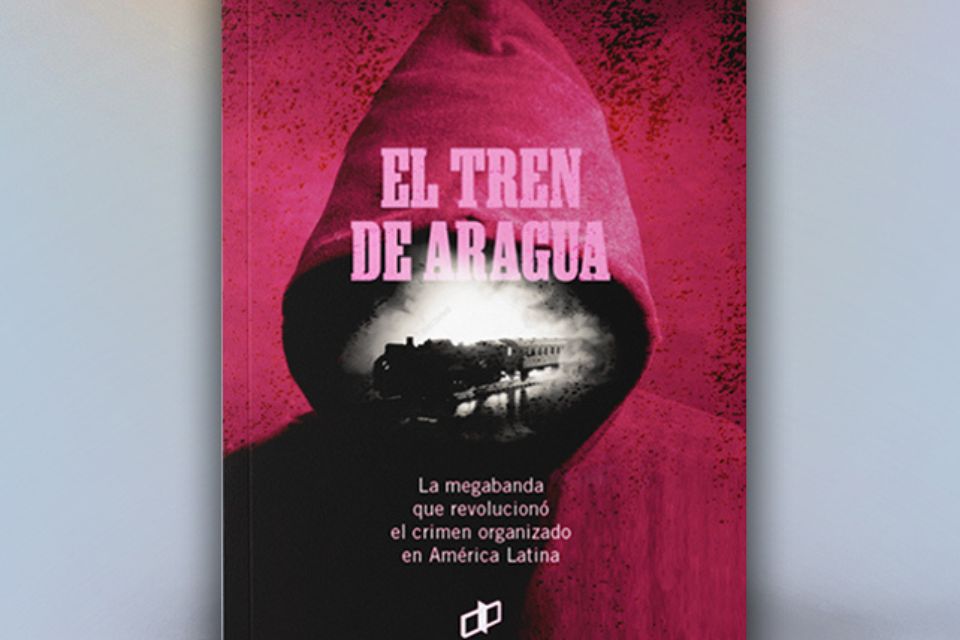The NGO Espacio Público denounced the threats against eight relatives of the Venezuelan investigative journalist Ronna Rísquez. The Tren de Aragua has become synonymous with brutality on South American news, but it is also a case study in criminal governance.
The NGO Espacio Público denounced this Monday, February 27, that relatives of the Venezuelan journalist Ronna Rísquez were threatened, after the researcher published a book about the criminal gang known as the “Tren de Aragua”.
In a message on his Twitter account, the NGO detailed that at least eight relatives of the journalist received threats through the Instagram social network after the publication of the book. Authorities are investigating the harassment.
#DenunciaEP | At least eight relatives of investigative journalist Ronna Rísquez received threats through the Instagram social network, after she spoke in Colombia at the end of January about the book she wrote about the band “El Tren de Aragua” | #27feb
— Public Space ?️ (@espaciopublico) February 27, 2023
In the book, the investigative journalist narrates and explains how the Tren de Aragua, the criminal organization born in the Tocorón prison, became one of the most feared criminal structures in Latin America.
The Tren de Aragua has become synonymous with brutality on South American news, but it is also a case study in criminal governance: the economic and political structure that turned Venezuelan gangs into transnational criminal armies and violent surrogates for the state in communities that legitimate institutions had abandoned, much like the guerrillas had done for decades in Colombian towns.
In the book The Aragua Train. The gang that revolutionized organized crime in Latin America, published Editorial Dahbar, the Venezuelan journalist and coordinator of the Alianza Rebelde Investiga (ARI) Ronna Risquez interviewed victims, perpetrators, and investigators inside and outside of Venezuela to paint a portrait of a new kind of criminal empire.
Post Views: 127
















